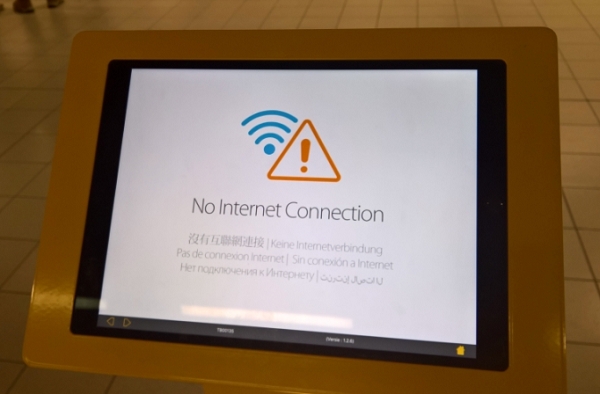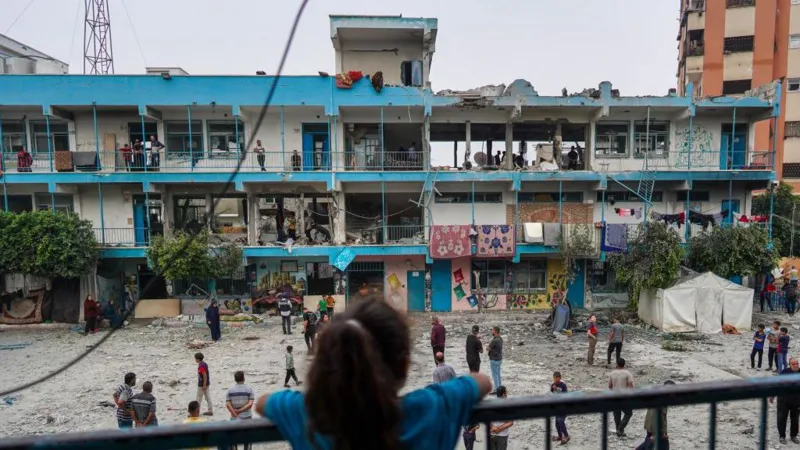Iran’s Internet Set for Restoration After Days of Blackout Amidst Conflict

After nearly three days of a nationwide internet shutdown that largely cut off Iran’s 91 million people from the global digital sphere, state media reports that internet connectivity is set to be restored at 20:00 local time (17:30 BST) on Saturday. The Iranian government attributes the blackout to a series of “cyberattacks,” which they now claim to have repelled.
The internet disruption, which began on June 18th, has been widely described as “the worst” in the country’s already strained history of internet control. For many Iranians, it has meant profound difficulty in contacting friends and family, accessing vital information, and even managing basic daily tasks such as banking. BBC’s Ghoncheh Habibiazad reported on Thursday that internet access had been “very unstable” across the nation, making communication extremely challenging.
The move to shut down the internet came amid intensifying conflict between Israel and Iran, with government officials citing the need to disrupt covert Israeli operations and “prevent enemy abuse” of networks. Internet watchdogs like NetBlocks reported a “near-total internet blackout,” with connectivity dropping to as low as three percent of normal levels in the initial hours. This severe restriction on information flow has been a major concern for human rights and digital advocacy groups, who argue it limits the public’s ability to express political viewpoints, communicate freely, and access crucial safety alerts during a volatile period.
While state media declares the cyberattacks repelled and connectivity on the path to full restoration, independent monitoring groups like NetBlocks have indicated a “partial restoration” earlier on Saturday, noting that “service remains diminished in some areas and overall connectivity remains below ordinary levels.” This suggests a gradual and potentially uneven return to normalcy for Iranian internet users.
The incident highlights the growing role of cyber warfare in contemporary conflicts, with both Israel and Iran engaging in digital skirmishes alongside conventional military actions. It also underscores the Iranian government’s willingness to implement severe internet restrictions to maintain control over information during times of perceived crisis, a practice observed during previous periods of unrest in the country, such as the widespread anti-government protests in 2019.
Source: http://thepressradio.com





